Dell, Nvidia win supercomputing contract with top UK universities
Durham and Cambridge universities are building high-performance facilities for cutting-edge scientific research
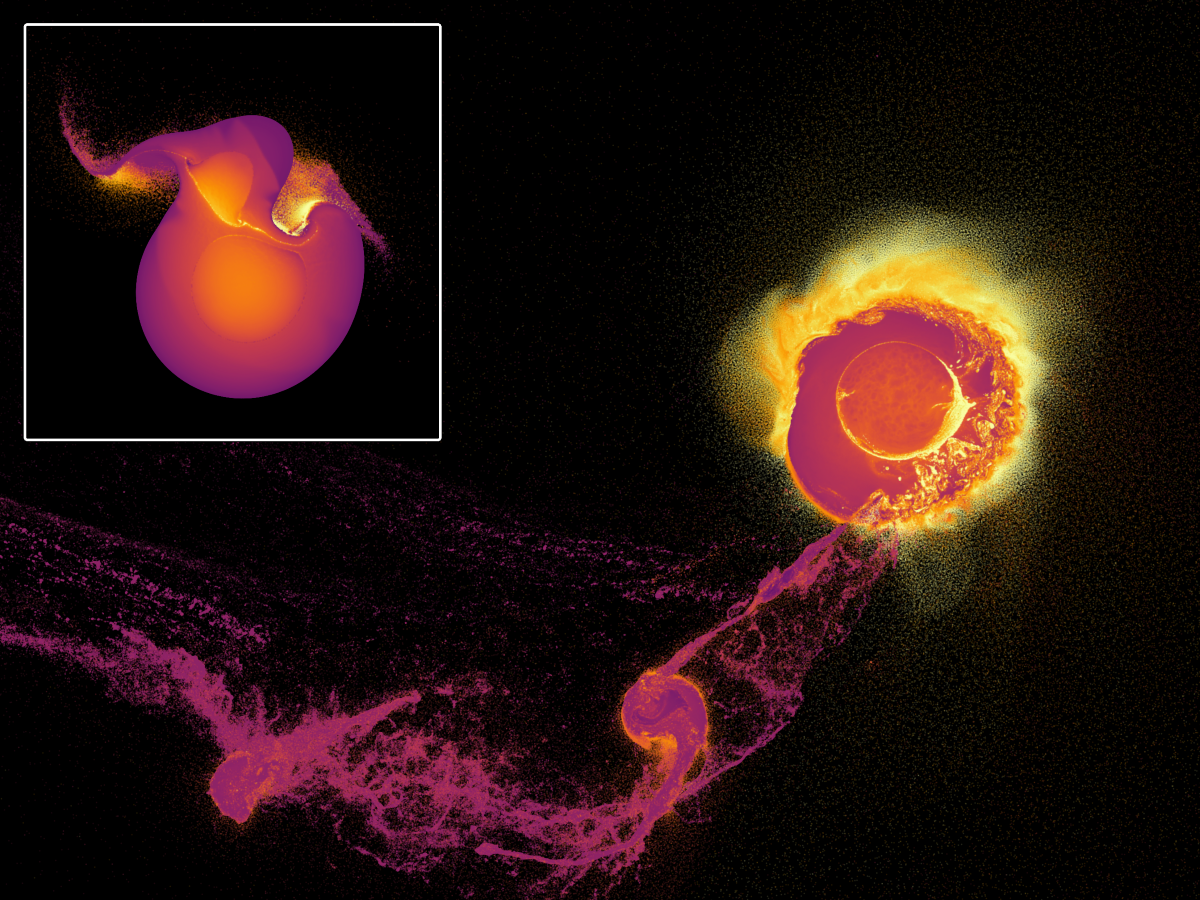

Dell’s PowerEdge servers will power new supercomputers to help researchers at Cambridge and Durham universities investigate the universe’s biggest questions.
The move is part of a deal with the Distributed Research utilising Advanced Computing (DiRAC) project, which operates as a distributed computing network with deployments across the UK, including at the two universities.
The company's technology will help the project in its quest to solve some of the universe’s biggest mysteries, including the nature of dark matter and understanding the basic building blocks of galaxies and solar systems.
The University of Cambridge has been kitted out with over 400 PowerEdge C6520 servers, complete with the recently announced 3rd Gen Intel Xeon Scalable processors, for use in its Cambridge Service for Data Driven Discovery (CSD3) system.
CSD3 will also deploy over 80 PowerEdge XE8545 servers which are configured with 3rd Generation AMD Epyc processors and Nvidia A100 Tensor Core GPUs with NVLink, which it claims creates a powerhouse of a system capable of AI and advanced computing workloads.
With the current PowerEdge servers, the CDS3 system is predicted to deliver four petaflops of application performance to advance research across astrophysics, nuclear fusion power generation, and lifesaving medical applications.
RELATED RESOURCE
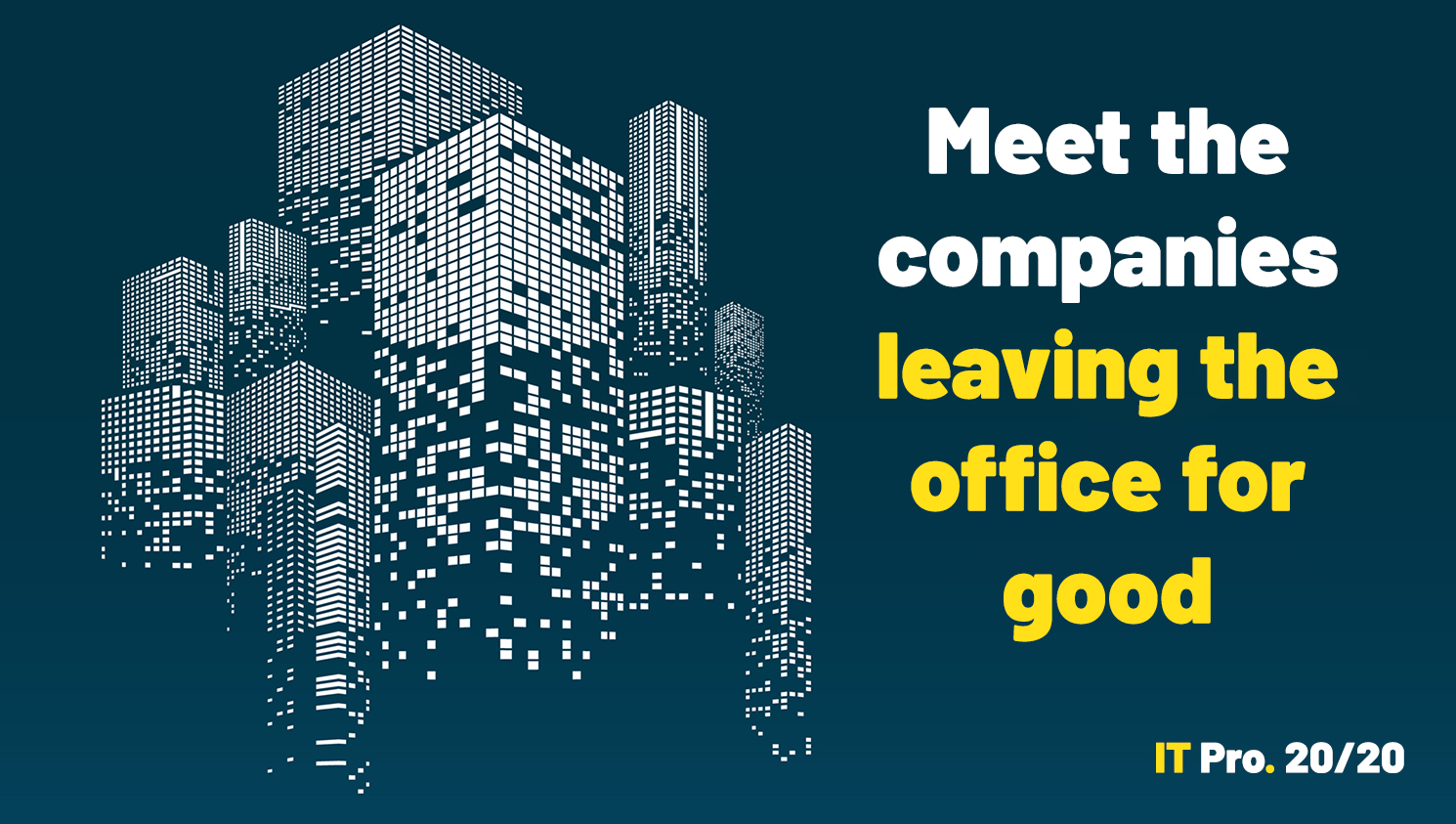
IT Pro 20/20: Meet the companies leaving the office for good
The 15th issue of IT Pro 20/20 looks at the nature of operating a business in 2021
At Durham University’s Institute for Computational Cosmology (ICC), the COSMA8 supercomputer is set to fully deploy in October 2021 with over 90 PowerEdge C6525 servers.
Get the ITPro daily newsletter
Sign up today and you will receive a free copy of our Future Focus 2025 report - the leading guidance on AI, cybersecurity and other IT challenges as per 700+ senior executives
The supercomputer will be equipped with both 2nd and 3rd Generation AMD Epyc processors, liquid cooling, and Nvidia's HDR InfiniBand networking. This will be used to deliver the power for the university’s research into dark energy, black holes, and how the universe was formed.
The university also plans to expand the system to over 600 compute nodes over the next year and address the challenges of exascale computing to accelerate time to discovery and innovation.
Last month, the Kao data centre in Harlow released the first images of its Cambridge-1 supercomputer. Nvidia announced it would build the machine last year, just after its planned acquisition of Arm was confirmed.
The 400-petaflop supercomputer is set to be used in medical research by a range of companies including AstraZeneca, GSK, and NHS organisations.
Zach Marzouk is a former ITPro, CloudPro, and ChannelPro staff writer, covering topics like security, privacy, worker rights, and startups, primarily in the Asia Pacific and the US regions. Zach joined ITPro in 2017 where he was introduced to the world of B2B technology as a junior staff writer, before he returned to Argentina in 2018, working in communications and as a copywriter. In 2021, he made his way back to ITPro as a staff writer during the pandemic, before joining the world of freelance in 2022.
-
 Why keeping track of AI assistants can be a tricky business
Why keeping track of AI assistants can be a tricky businessColumn Making the most of AI assistants means understanding what they can do – and what the workforce wants from them
By Stephen Pritchard
-
 Nvidia braces for a $5.5 billion hit as tariffs reach the semiconductor industry
Nvidia braces for a $5.5 billion hit as tariffs reach the semiconductor industryNews The chipmaker says its H20 chips need a special license as its share price plummets
By Bobby Hellard
-
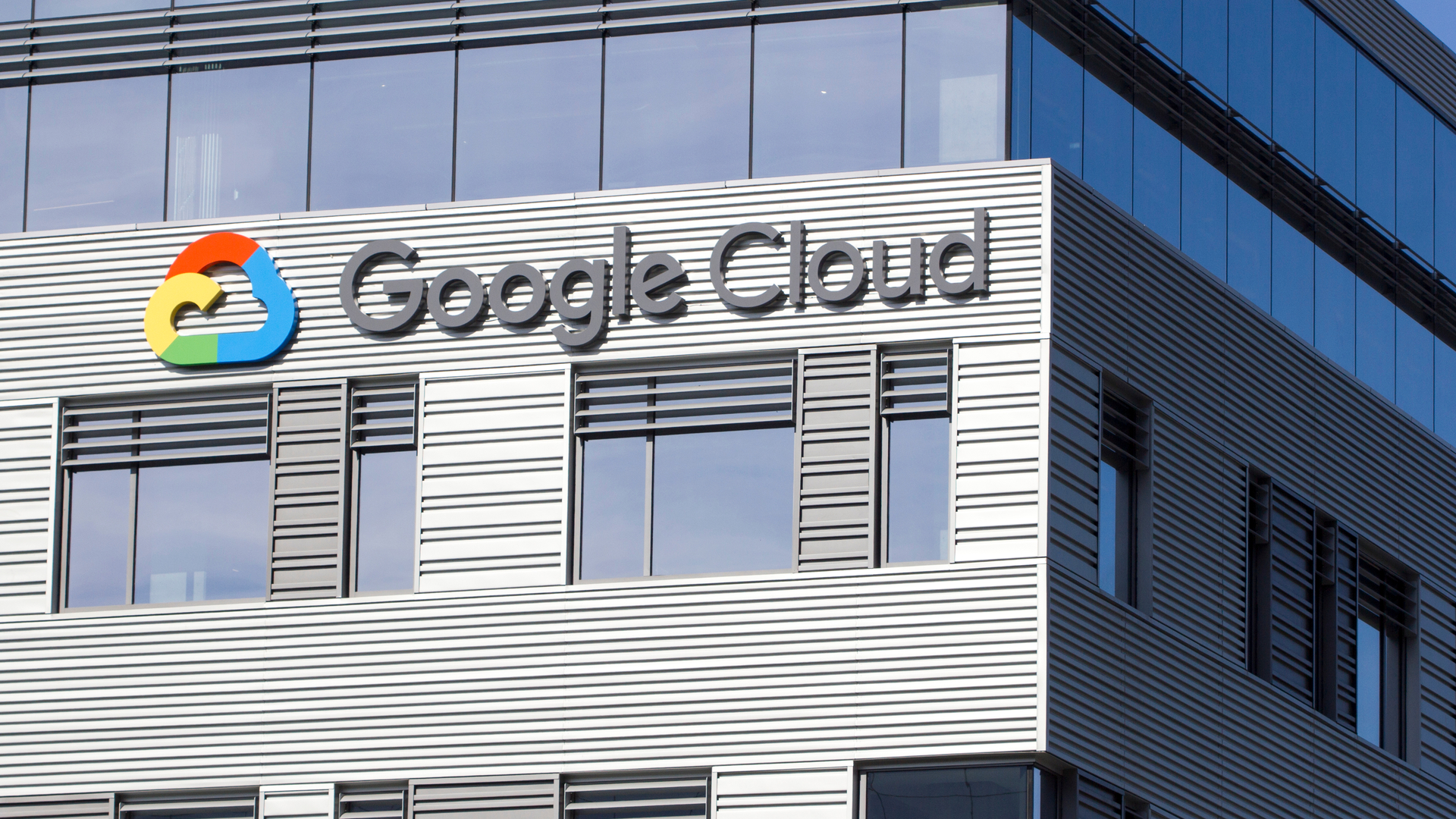 Google claims its AI chips are ‘faster, greener’ than Nvidia’s
Google claims its AI chips are ‘faster, greener’ than Nvidia’sNews Google's TPU has already been used to train AI and run data centres, but hasn't lined up against Nvidia's H100
By Rory Bathgate
-
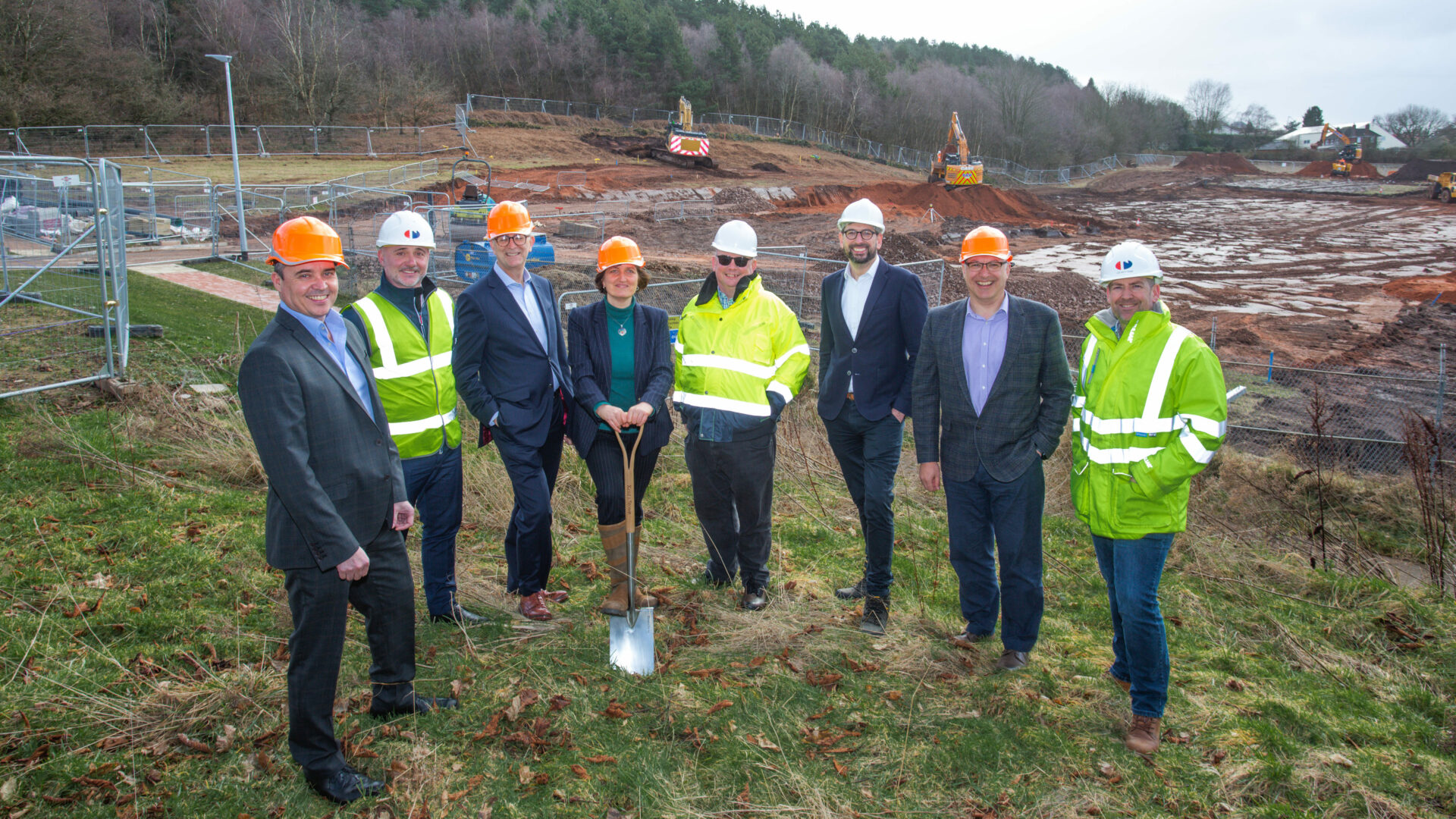 £30 million IBM-linked supercomputer centre coming to North West England
£30 million IBM-linked supercomputer centre coming to North West EnglandNews Once operational, the Hartree supercomputer will be available to businesses “of all sizes”
By Ross Kelly
-
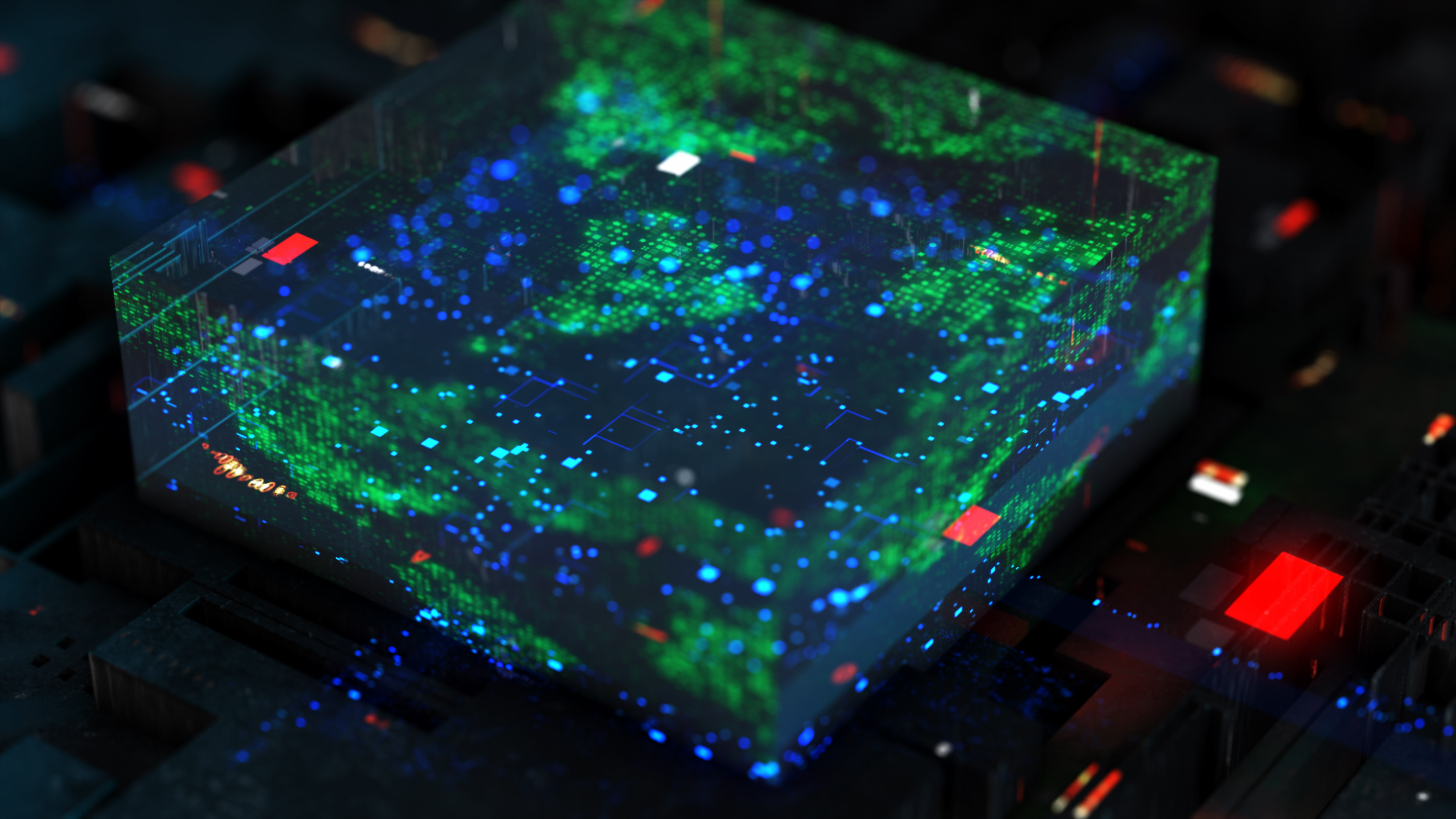 How quantum computing can fight climate change
How quantum computing can fight climate changeIn-depth Quantum computers could help unpick the challenges of climate change and offer solutions with real impact – but we can’t wait for their arrival
By Nicole Kobie
-
 “Botched government procurement” leads to £24 million Atos settlement
“Botched government procurement” leads to £24 million Atos settlementNews Labour has accused the Conservative government of using taxpayers’ money to pay for their own mistakes
By Zach Marzouk
-
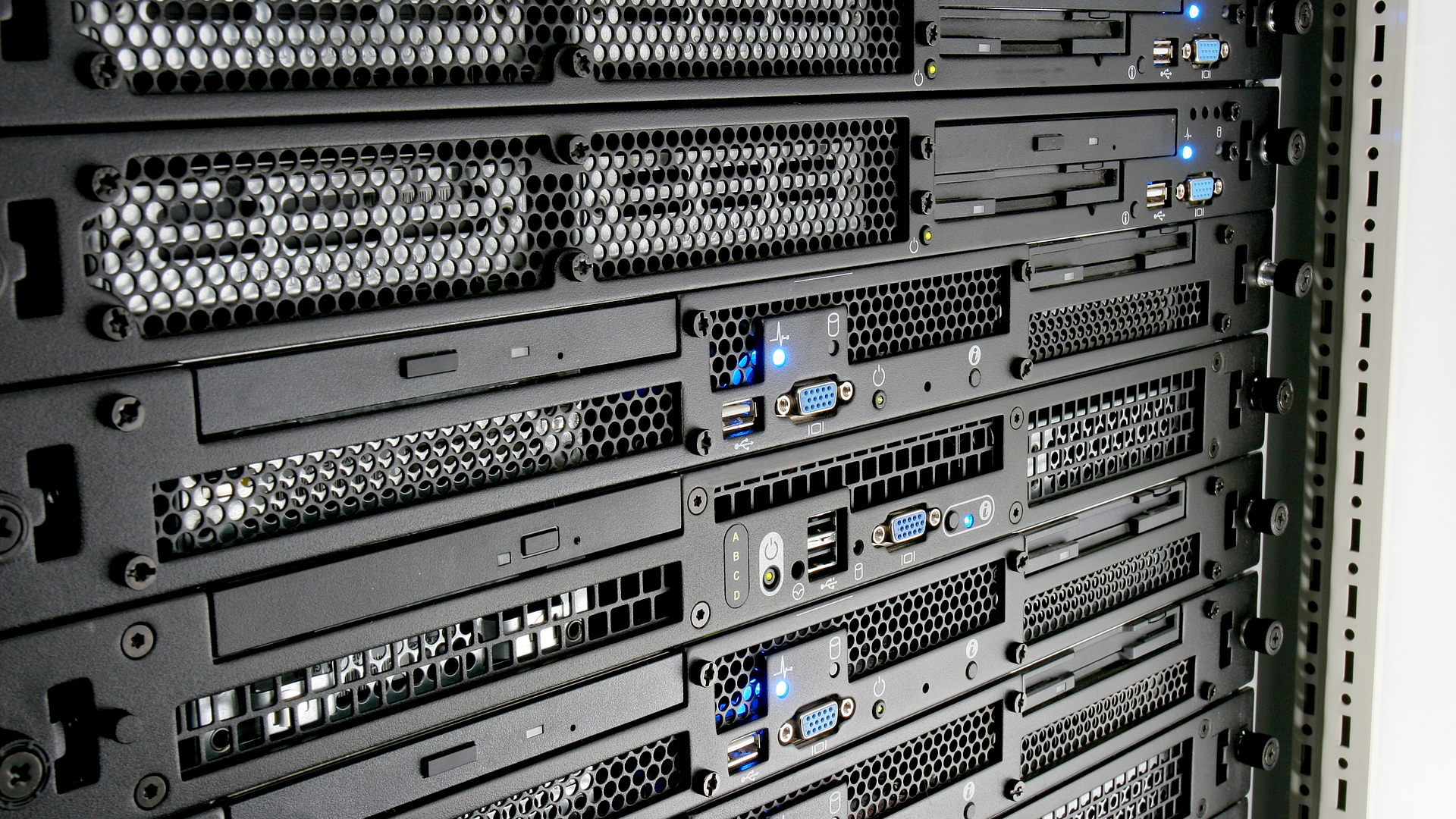 Dell unveils four new PowerEdge servers with AMD EPYC processors
Dell unveils four new PowerEdge servers with AMD EPYC processorsNews The company claimed that customers can expect a 121% performance improvement
By Zach Marzouk
-
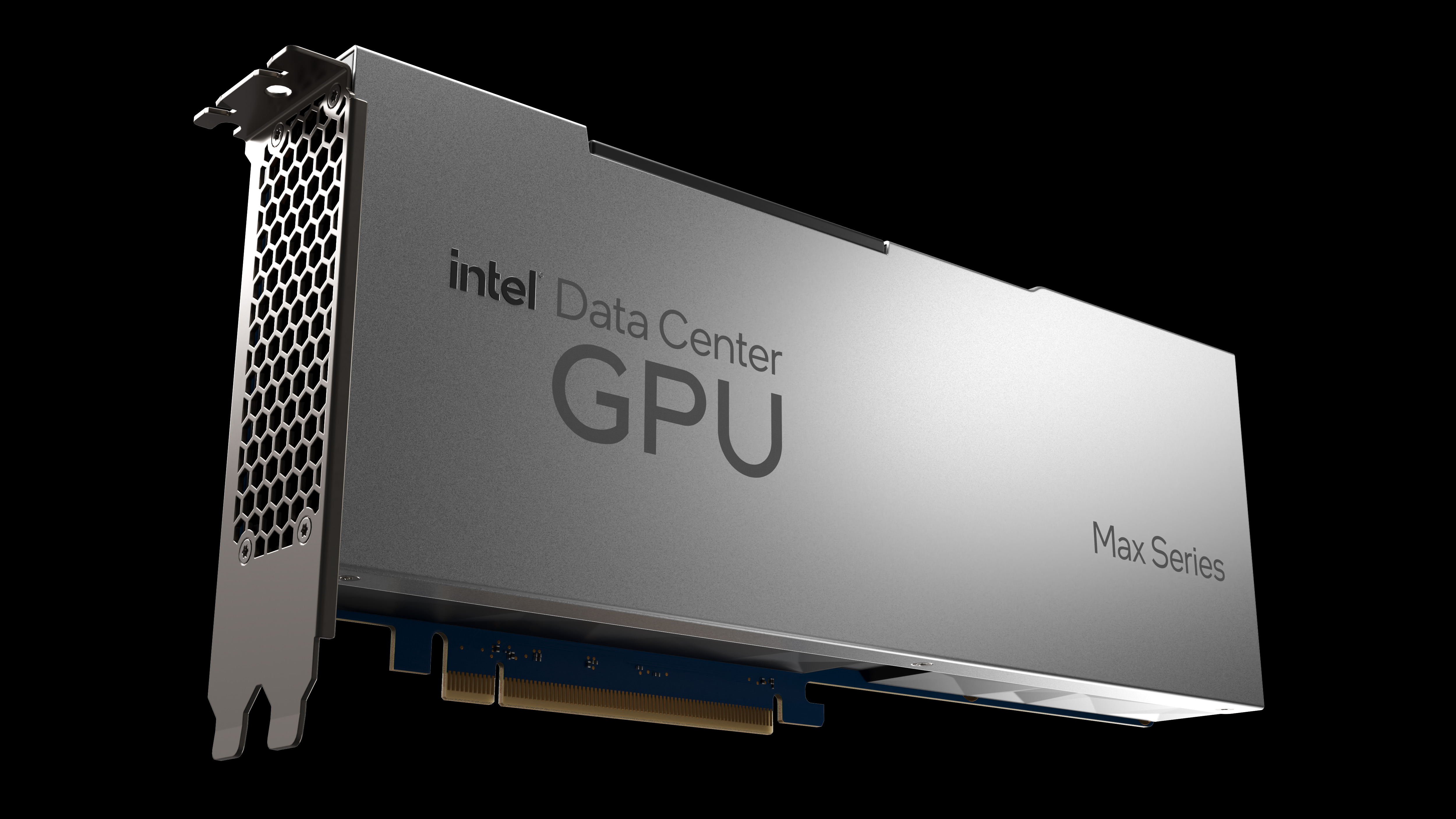 Intel unveils Max Series chip family designed for high performance computing
Intel unveils Max Series chip family designed for high performance computingNews The chip company claims its new CPU offers 4.8x better performance on HPC workloads
By Zach Marzouk
-
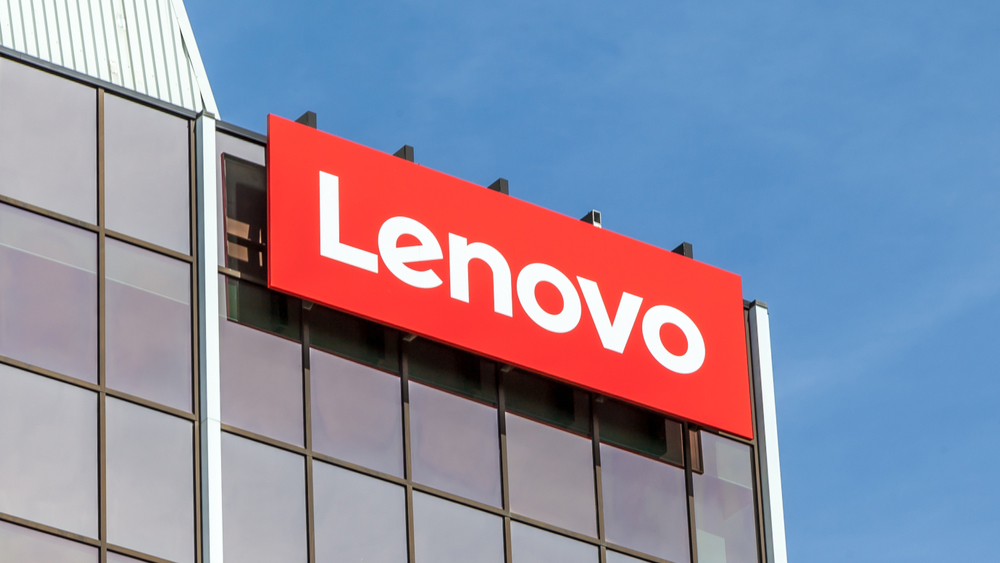 Lenovo unveils Infrastructure Solutions V3 portfolio for 30th anniversary
Lenovo unveils Infrastructure Solutions V3 portfolio for 30th anniversaryNews Chinese computing giant launches more than 50 new products for ThinkSystem server portfolio
By Bobby Hellard
-
 Microchip scoops NASA's $50m contract for high-performance spaceflight computing processor
Microchip scoops NASA's $50m contract for high-performance spaceflight computing processorNews The new processor will cater to both space missions and Earth-based applications
By Praharsha Anand